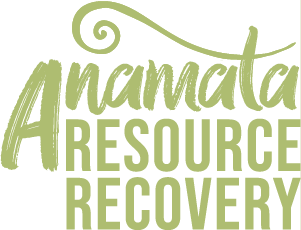Living Lightly Featuring Bree & rylie
Introducing Bree & Rylie. Due to lockdown, we haven’t been able to visit more locals, so you get us! As the author of this series, I thought it appropriate to also showcase how we strive to Live Lightly.
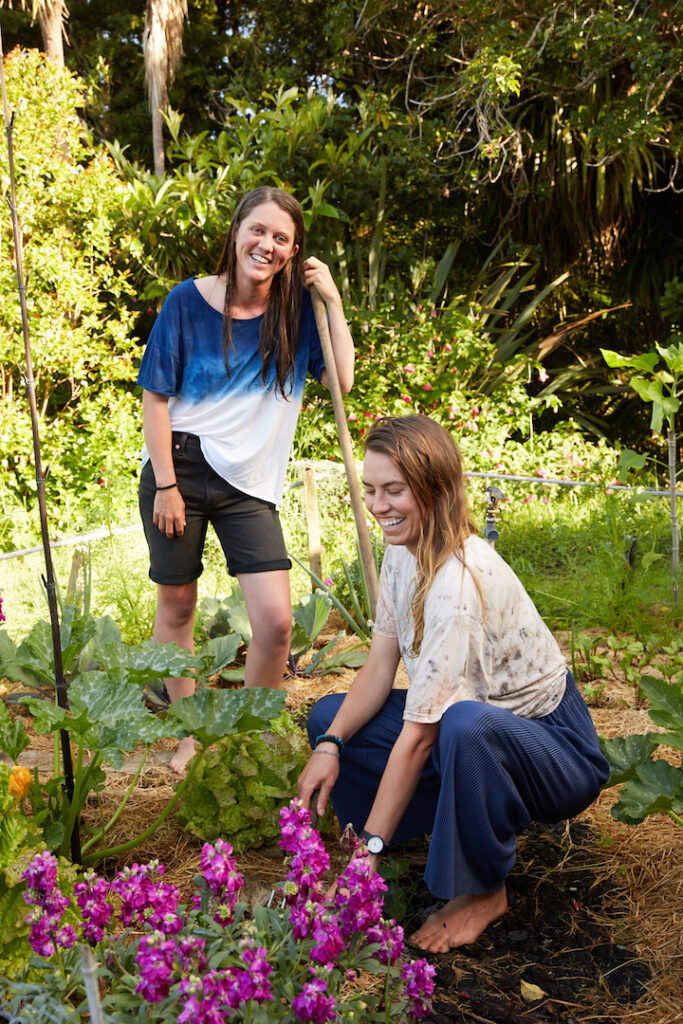
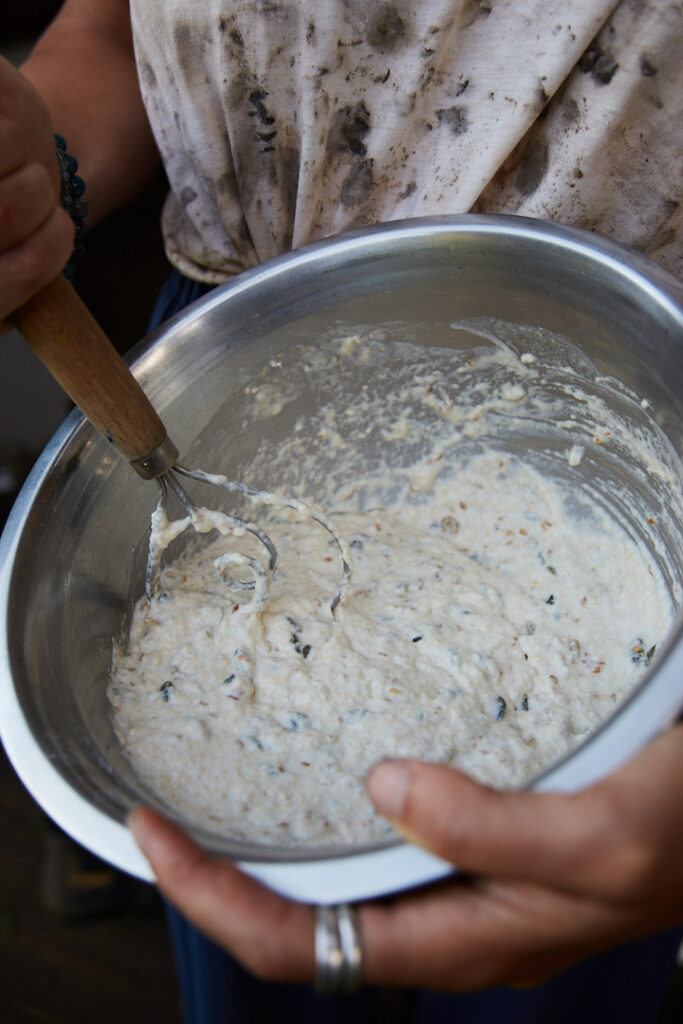
How long have you lived on Aotea?
A little over 3 years
Are you originally from the island? If not, how did you end up here?
Rylie is Canadian and Bree is from the States. We ended up here on a whim, staying with Deborah, Andy & Airt Kilgallon in September 2018 and never left. Typical story, eh?
When and how did your zero / minimum waste journey begin?
Rylie and I met when we were both living out of 40L backpacks, so let’s say our journey of living lightly and minimally together began immediately. Separately, we have both dabbled in the lifestyle before. Rylie is a fierce environmental activist and grew up in the Rockies, so it’s been a natural way of life for her. Bree on the other hand, has a history of living in large urban cities previously, where that lifestyle wasn’t always top of mind or the easiest to achieve.
Tell us about some of the things you do that help to reduce waste, resource consumption, and sustainable living.
Beyond the fastidious recycling and composting routine we have in our home, we also are huge proponents of bulk shopping and being really creative in the kitchen. Living on the island has given us a whole new outlook on our food – from gardening, to baking, cooking, and bulk buying.
In terms of fresh food, 90% either comes from our garden or Okiwi Passion. There are the odd items that we will need from the shop, but that mostly only applies through the winter. We love trading produce and seedlings with our neighbors – it is the most rewarding gift to share and grow food.
It’s also hugely helpful that we both dislike online shopping, which really reduces that temptation! Although we do have a few online subscription deliveries which include SmartAss toilet paper and bulk coffee (from a local supplier in compostable bags). Very handy to set and forget!
Besides food, a major part of our consumerism reduction comes from our love for thrifting and scoring all our home needs at Anamata.
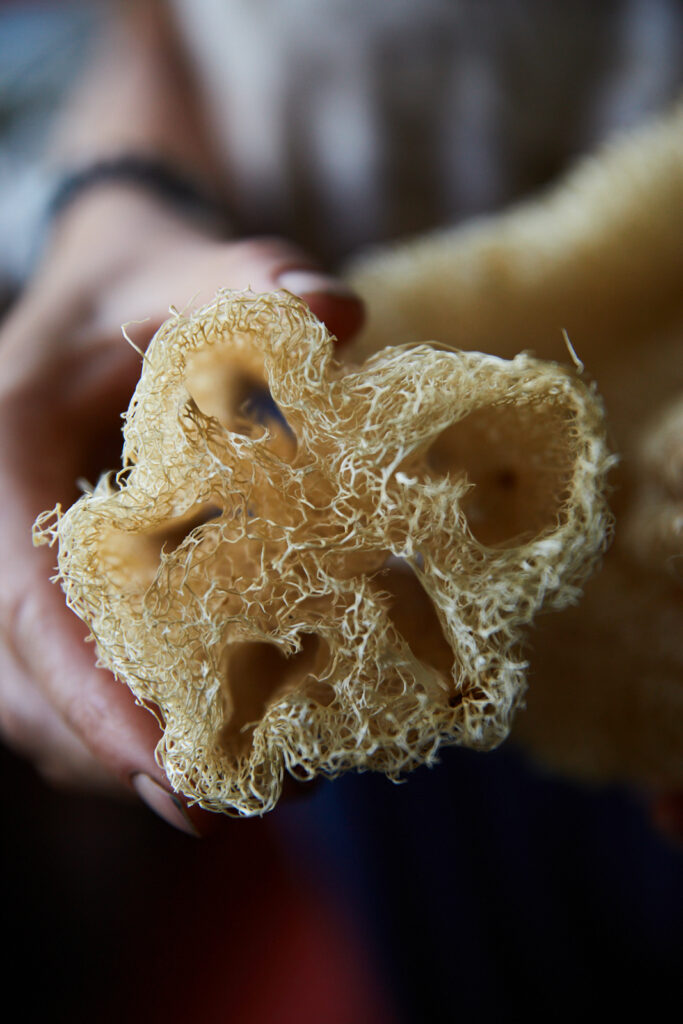
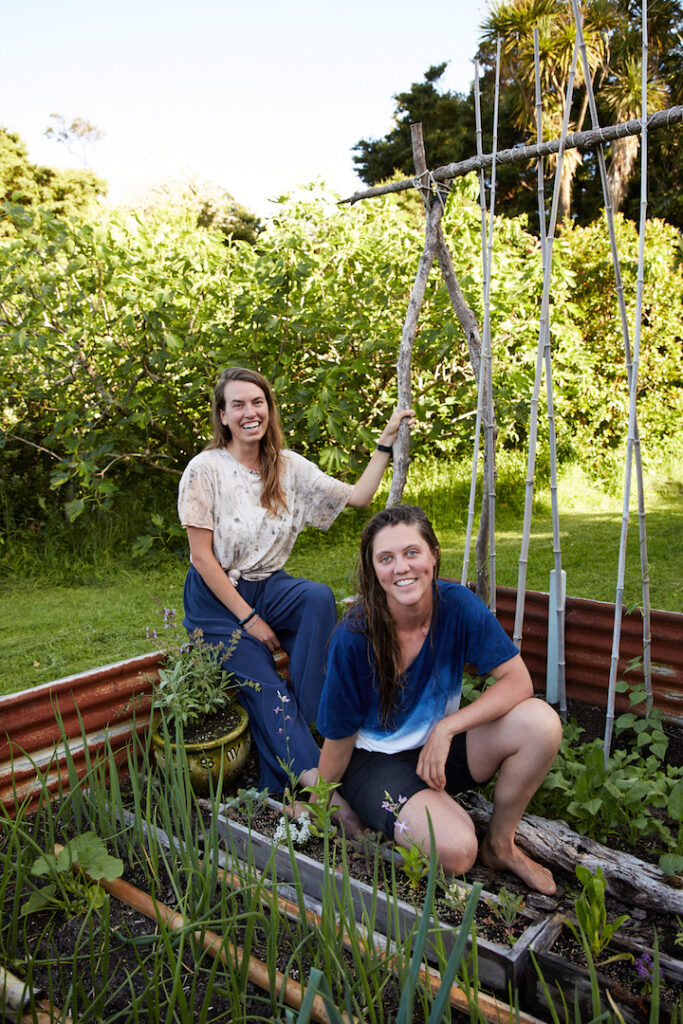
What motivates you about this lifestyle? Why is this important for you, your family and your home – specifically?
I think part of it for us is the challenge it presents and the rewards that come along with it. We love challenges – building, creating and making whatever needs may arise. How wonderful is it to look around and say “we grew that”, “we made that”, “that’s from Anamata”. It’s just the best feeling. It’s also phenomenal to have so many talented makers and creators on the island. You can really source anything you need from local folks who make incredible products, which is not only more sustainable but helps support our local entrepreneurs.
Of course the environment is equally as motivating. When you live in this pristine place, it’s easy to want to live a lifestyle that matches what’s around you. Also, understanding and witnessing the climate crisis, we want to do everything we can to not be a part of exacerbating the current issues. We are in a privileged position to be able to take action, so we think it’s imperative that we do so.
Food waste is a large contributor to our waste-cycle island and country-wide. What is your policy / best practice to minimize food waste?
What has really worked well for us is that we love to cook and try new things. If we are craving something, we look up how to make it from scratch. Which is not only delicious, but super fun and surprisingly easy. Because of this, we are really only making as much as we can eat. Also, because we made it, it’s even more incentive to eat it and usually tastes better anyway! So having a home and kitchen that works this way, means we never really have excess laying around.
We are avid composters and love saving things to use in the garden, (banana peels for watering seedlings, eggshells for tomatoes, etc.)
In the north, we have a group of about 30 of us who order from Ceres organics every 6 weeks. We all are able to order bulk items together and split the cost. It’s a fantastic way to reduce our waste and also the cost. There is also a co-op in the south, and possibly in the near future, a central option. Reach out to me for more information!
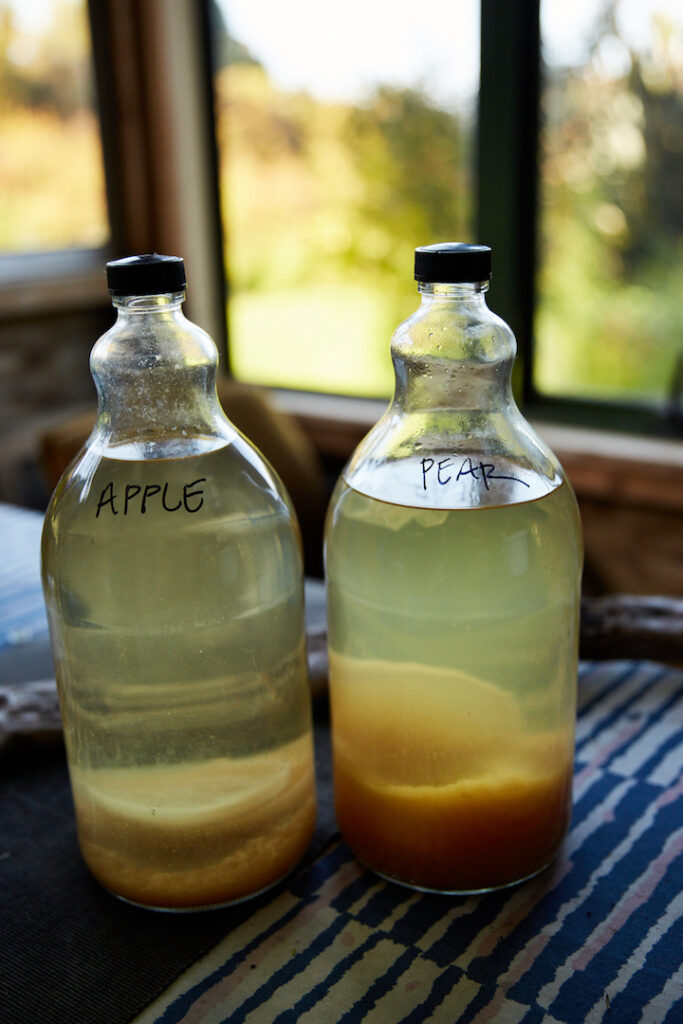
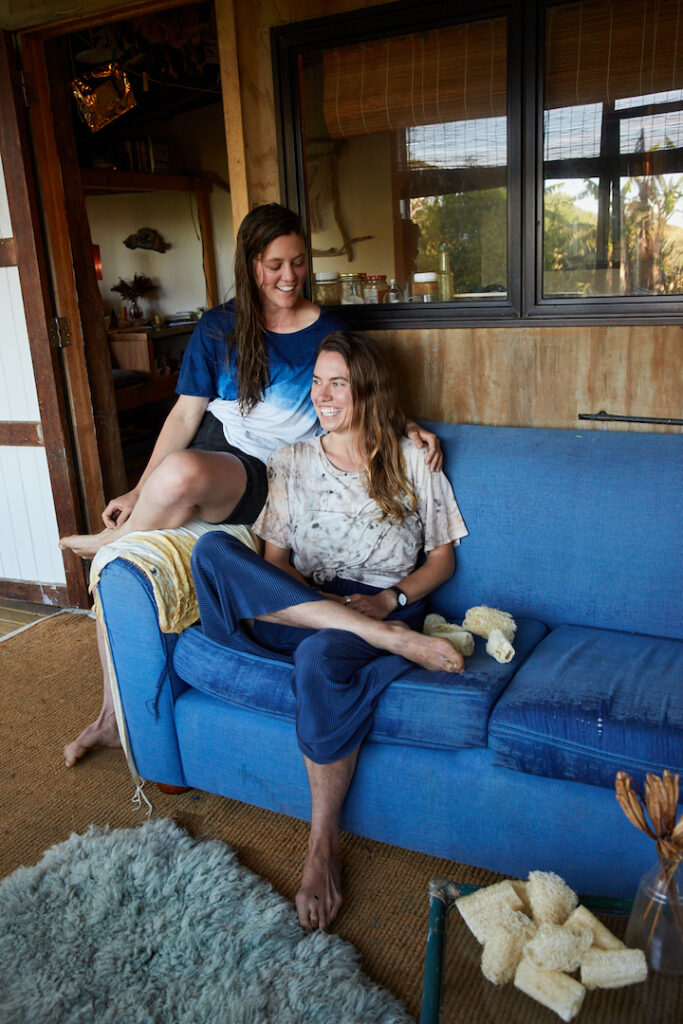
What are some of your best min waste / up-cycling tips?
Shop at Anamata & St. Johns frequently and firstly! It’s amazing to be able to find everything you need or didn’t even know you needed while rummaging through things other people no longer have a use for.
We were in an exceptional place to take advantage of this from start to finish when stocking and decorating our home. Since we moved here with two weeks worth of clothes, we really started from nothing and have loved the process of finding and making treasures as the need arose.
What are you most excited for in regards to the future of min waste on the island?
We are thrilled by the local food initiatives and the increasing accessibility to a wide variety of locally sourced goods. This gives us a real shot at being a minimum waste island while supporting our community businesses. The expansion and dedication of Anamata, the clothing exchanges, many local food sources, skin and body product makers, art, pottery, etc. Really, almost everything you may want or need can be found locally, produced locally – which not only reduces waste and carbon footprints, but supports our local economy. I think we are moving in the right direction.
How do you see the influx of people moving here/visiting? How do we get them up to speed?
We truly believe that min-waste needs to play a major role in our tourism promotion and lifestyle ‘guidelines’.
Moving or visiting the island should be framed as an opportunity to return to simplicity and nature. Getting people up to speed means that they should be aware of our expectations and waste initiatives before they move or visit so they have time to plan and prepare in advance.
How can people start to incorporate zero / min waste attitudes and habits into their daily life?
What worked for us was conscious consumerism. Re-thinking how we sourced things, re-thinking our food chain, challenging ourselves to make things we need instead of heading online. Making small, incremental changes and choices every chance we get. It’s fun, it’s challenging and ultimately incredibly rewarding.
What do you hope to see on Aotea over the next 5-10 years?
We hope to continue to see collaboration between the community and our local councils and MPs to support our initiatives from the top down. In an ideal world, these changes would not only be made in our individual homes and communities, but also from the producers of waste and plastics. So, talking to your local representatives is key!
As the landfill closes its gates, we hope to see a huge reduction in waste having to be shipped off the island and a change in mentality around consumption and waste production. We’d love to see the adoption of ShareWaste, an uptick in composting in general, and a community-backed effort to hit zero waste by 2040.
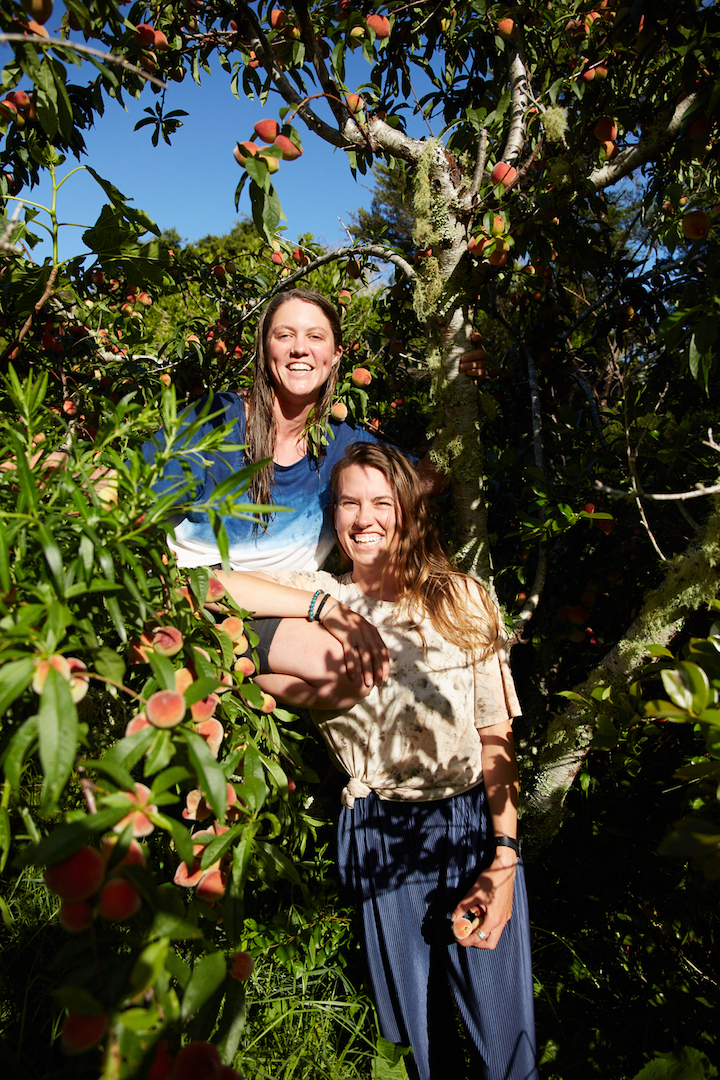
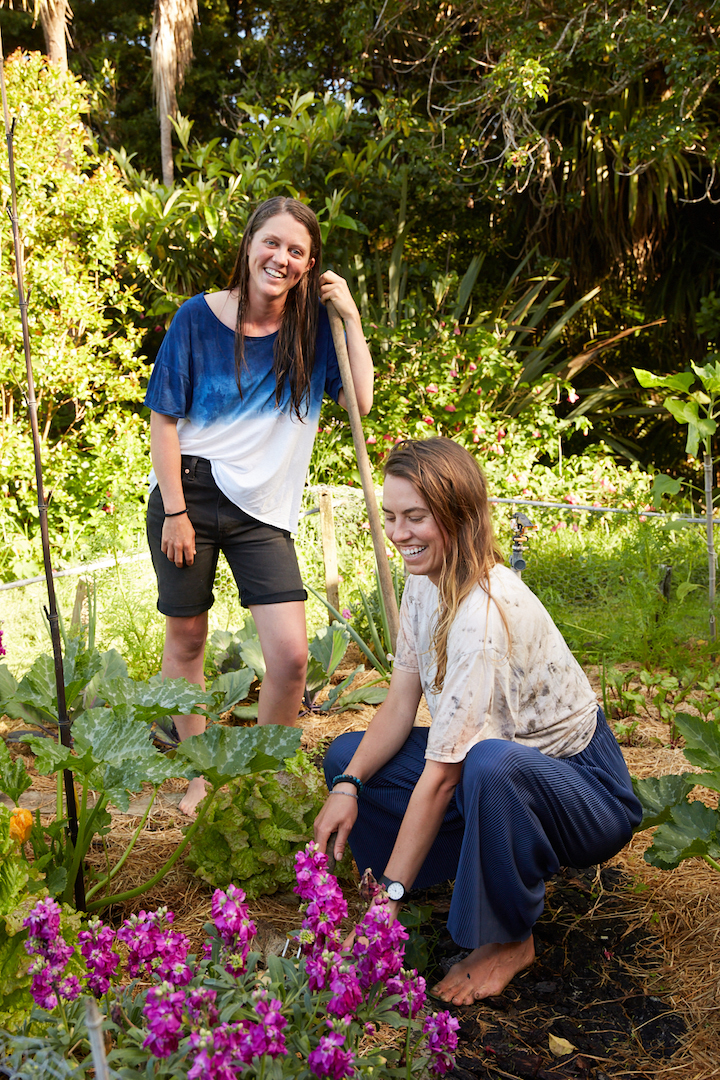
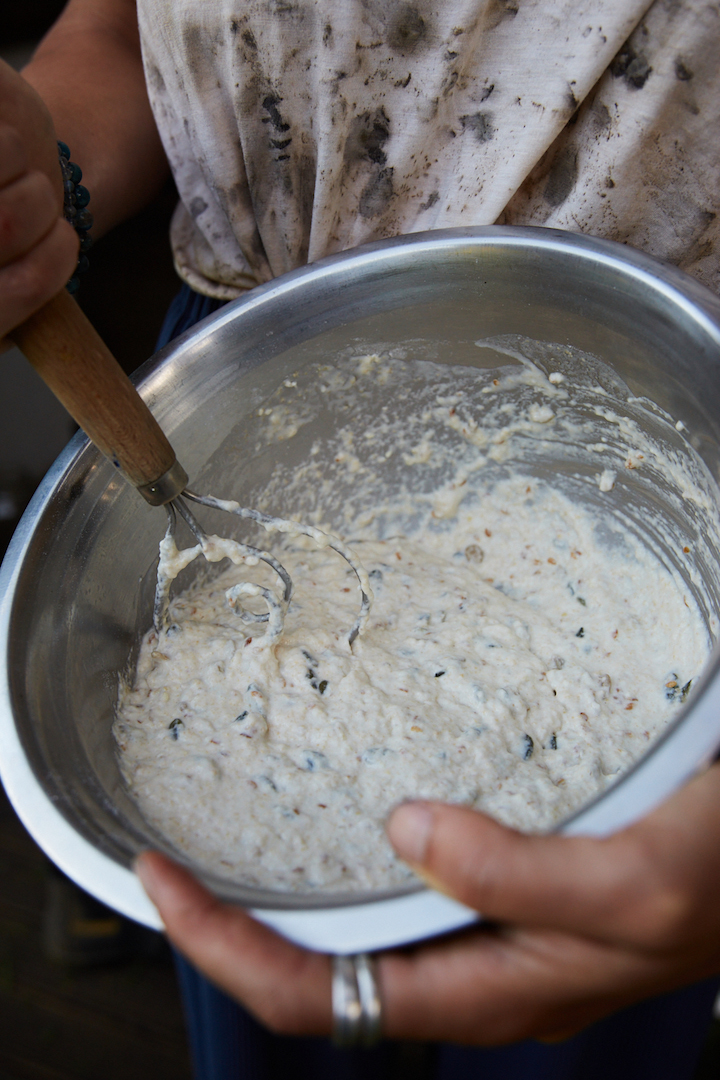
How long have you lived on Aotea?
A little over 3 years
Are you originally from the island? If not, how did you end up here?
Rylie is Canadian and Bree is from the States. We ended up here on a whim, staying with Deborah, Andy & Airt Kilgallon in September 2018 and never left. Typical story, eh?
When and how did your zero / minimum waste journey begin?
Rylie and I met when we were both living out of 40L backpacks, so let’s say our journey of living lightly and minimally together began immediately. Separately, we have both dabbled in the lifestyle before. Rylie is a fierce environmental activist and grew up in the Rockies, so it’s been a natural way of life for her. Bree on the other hand, has a history of living in large urban cities previously, where that lifestyle wasn’t always top of mind or the easiest to achieve.
Tell us about some of the things you do that help to reduce waste, resource consumption, and sustainable living.
Beyond the fastidious recycling and composting routine we have in our home, we also are huge proponents of bulk shopping and being really creative in the kitchen. Living on the island has given us a whole new outlook on our food – from gardening, to baking, cooking, and bulk buying.
In terms of fresh food, 90% either comes from our garden or Okiwi Passion. There are the odd items that we will need from the shop, but that mostly only applies through the winter. We love trading produce and seedlings with our neighbours – it is the most rewarding gift to share and grow food.
It’s also hugely helpful that we both dislike online shopping, which really reduces that temptation! Although we do have a few online subscription deliveries which include SmartAss toilet paper and bulk coffee (from a local supplier in compostable bags). Very handy to set and forget!
Besides food, a major part of our consumerism reduction comes from our love for thrifting and scoring all our home needs at Anamata.
What motivates you about this lifestyle? Why is this important for you, your family and your home – specifically?
I think part of it for us is the challenge it presents and the rewards that come along with it. We love challenges – building, creating and making whatever needs may arise. How wonderful is it to look around and say “we grew that”, “we made that”, “that’s from Anamata”. It’s just the best feeling. It’s also phenomenal to have so many talented makers and creators on the island. You can really source anything you need from local folks who make incredible products, which is not only more sustainable but helps support our local entrepreneurs.
Of course the environment is equally as motivating. When you live in this pristine place, it’s easy to want to live a lifestyle that matches what’s around you. Also, understanding and witnessing the climate crisis, we want to do everything we can to not be a part of exacerbating the current issues. We are in a privileged position to be able to take action, so we think it’s imperative that we do so.
Food waste is a large contributor to our waste-cycle island and country-wide. What is your policy / best practice to minimise food waste?
What has really worked well for us is that we love to cook and try new things. If we are craving something, we look up how to make it from scratch. Which is not only delicious, but super fun and surprisingly easy. Because of this, we are really only making as much as we can eat. Also, because we made it, it’s even more incentive to eat it and usually tastes better anyway! So having a home and kitchen that works this way, means we never really have excess laying around.
We are avid composters and love saving things to use in the garden, (banana peels for watering seedlings, eggshells for tomatoes, etc.)
In the north, we have a group of about 30 of us who order from Ceres organics every 6 weeks. We all are able to order bulk items together and split the cost. It’s a fantastic way to reduce our waste and also the cost. There is also a co-op in the south, and possibly in the near future, a central option. Reach out to me for more information!
What are some of your best min waste / up-cycling tips?
Shop at Anamata & St. Johns frequently and firstly! It’s amazing to be able to find everything you need or didn’t even know you needed while rummaging through things other people no longer have a use for
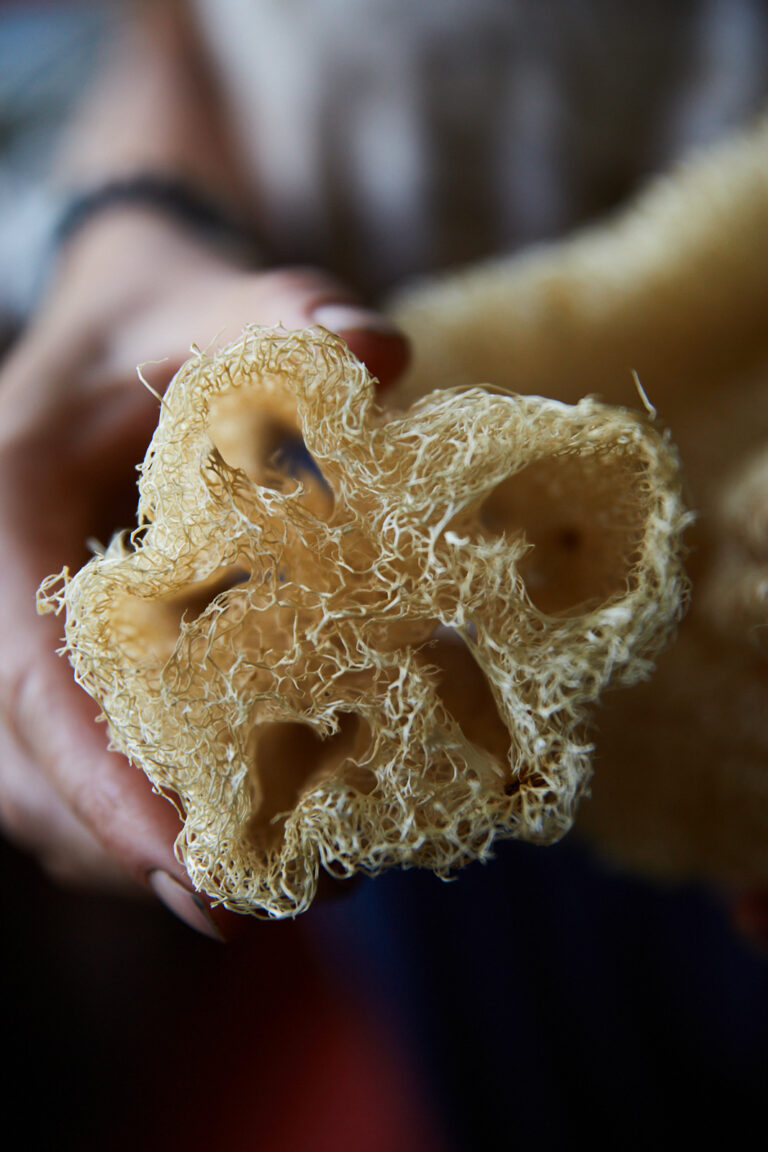
Homegrown luffa sponges
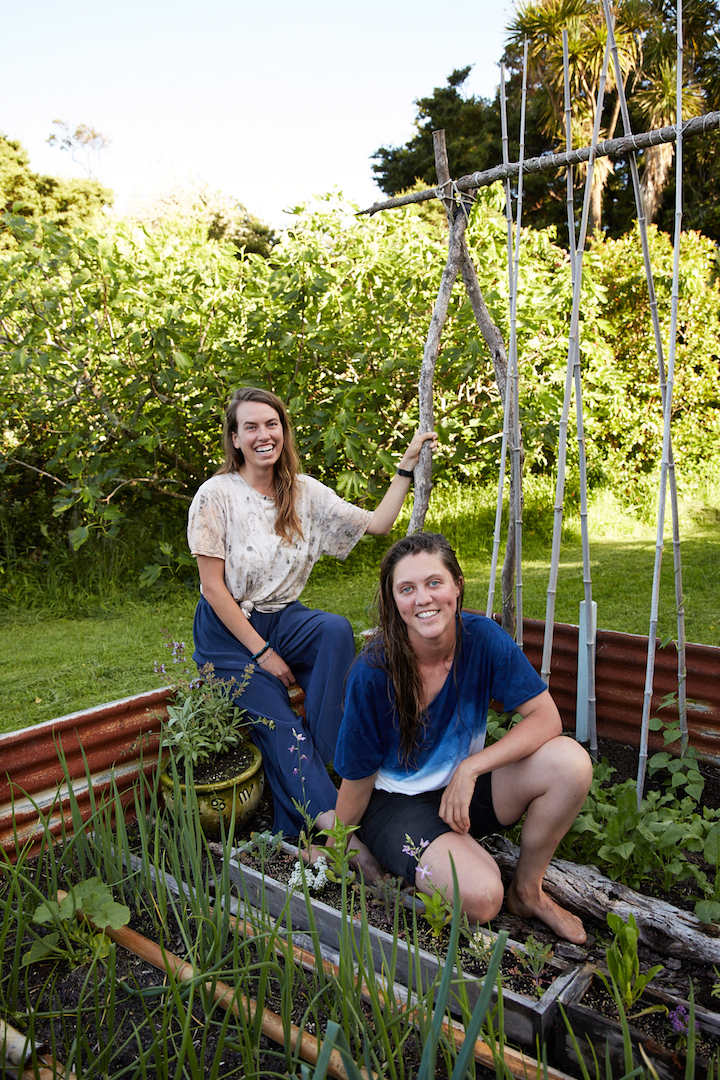
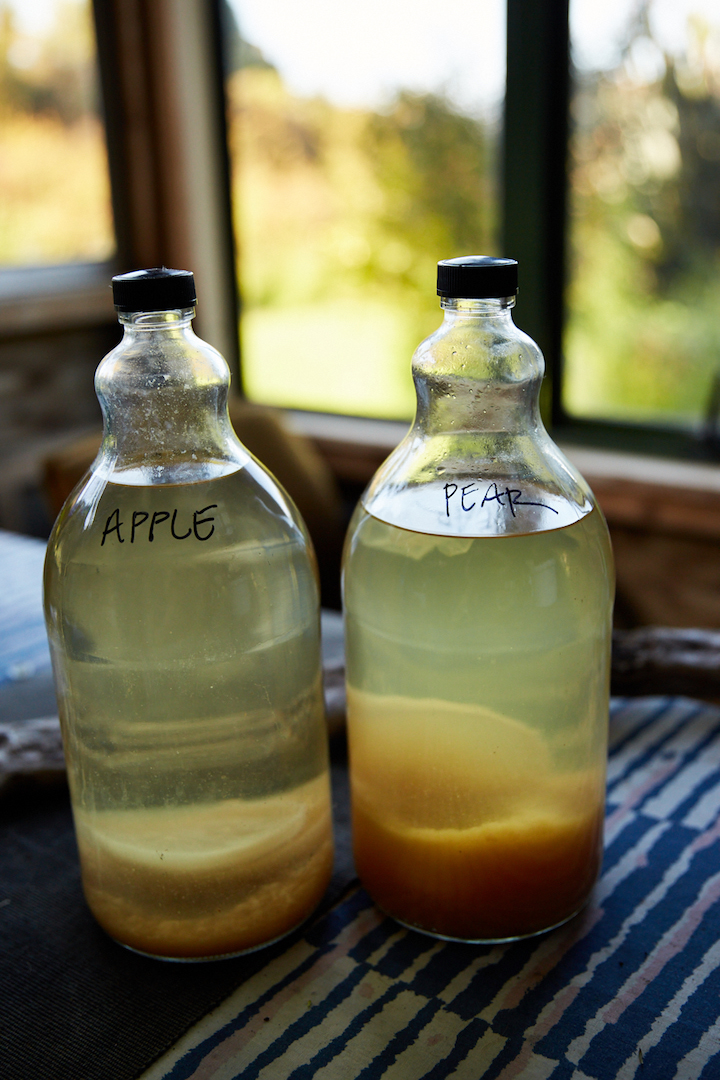
Apple & Pear vinegars
We were in an exceptional place to take advantage of this from start to finish when stocking and decorating our home. Since we moved here with two weeks worth of clothes, we really started from nothing and have loved the process of finding and making treasures as the need arose.
What are you most excited for in regards to the future of min waste on the island?
We are thrilled by the local food initiatives and the increasing accessibility to a wide variety of locally sourced goods. This gives us a real shot at being a minimum waste island while supporting our community businesses. The expansion and dedication of Anamata, the clothing exchanges, many local food sources, skin and body product makers, art, pottery, etc. Really, almost everything you may want or need can be found locally, produced locally – which not only reduces waste and carbon footprints, but supports our local economy. I think we are moving in the right direction.
How do you see the influx of people moving here/visiting? How do we get them up to speed?
We truly believe that min-waste needs to play a major role in our tourism promotion and lifestyle ‘guidelines’.
Moving or visiting the island should be framed as an opportunity to return to simplicity and nature. Getting people up to speed means that they should be aware of our expectations and waste initiatives before they move or visit so they have time to plan and prepare in advance.
How can people start to incorporate zero / min waste attitudes and habits into their daily life?
What worked for us was conscious consumerism. Re-thinking how we sourced things, re-thinking our food chain, challenging ourselves to make things we need instead of heading online. Making small, incremental changes and choices every chance we get. It’s fun, it’s challenging and ultimately incredibly rewarding.
What do you hope to see on Aotea over the next 5-10 years?
We hope to continue to see collaboration between the community and our local councils and MPs to support our initiatives from the top down. In an ideal world, these changes would not only be made in our individual homes and communities, but also from the producers of waste and plastics. So, talking to your local representatives is key!
As the landfill closes its gates, we hope to see a huge reduction in waste having to be shipped off the island and a change in mentality around consumption and waste production. We’d love to see the adoption of ShareWaste, an uptick in composting in general, and a community-backed effort to hit zero waste by 2040.


